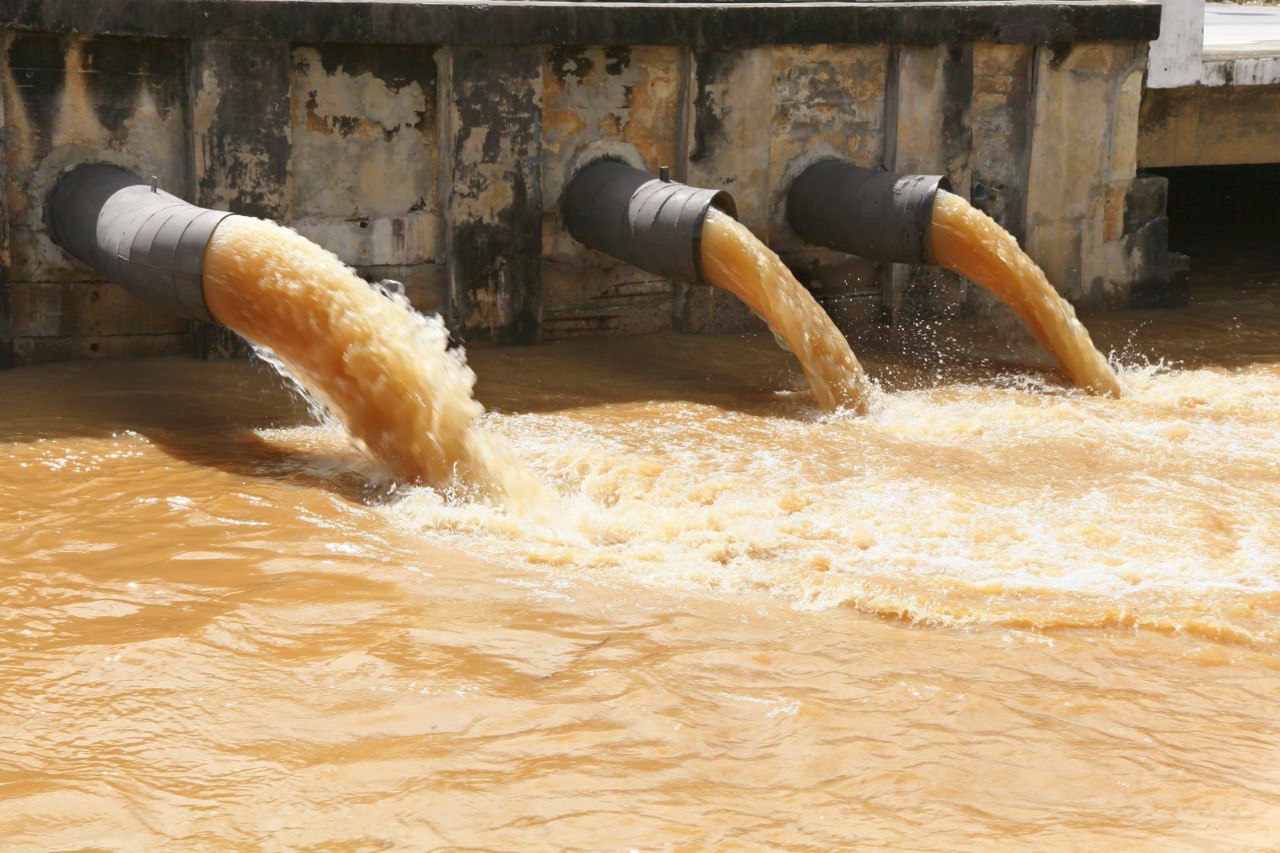Four Benefits of Industrial Wastewater Monitoring Systems
Introduction:
Wastewater management is a key responsibility for industrial operations as it plays a pivotal role in safeguarding the environment and public health. Regulatory agencies closely monitor wastewater treatment practices for this reason, levying sizable fines and even criminal prosecution for serious infractions. It is therefore incumbent upon industries to comply with regulations not only for the protection of local waterways, but also for their economic sustainability and public image. The adoption of autonomous industrial wastewater monitoring systems has emerged to fulfill this need, offering a myriad of benefits in addition to mere compliance. Let's delve into these cutting-edge systems and uncover four key advantages they bring to the table.
1. Enhanced Environmental Compliance:
Industrial wastewater treatment is subject to stringent regulations aimed at preserving the health of natural ecosystems. A sophisticated monitoring system can allow companies to ensure compliance with regulatory standards effortlessly. Real-time data collection and analysis empower businesses to identify potential issues promptly, enabling proactive measures to mitigate environmental risks. Furthermore, deviations from permissible limits can be swiftly addressed to avert regulatory penalties and reputational damage.
2. Optimized Operational Efficiency
Industrial processes generate vast quantities of wastewater, necessitating efficient management to minimize costs and resource utilization. Keeping an eye on all the nitty-gritty details of wastewater treatment offers invaluable insights into process efficiency and resource consumption to facilitate optimization efforts. This not only streamlines operations but also reduces resource wastage, translating into tangible cost savings and improved productivity.
3. Early Detection of Contamination Events:
Unexpected contamination events in industrial operations can pose significant challenges that jeopardize product quality and public health. Industrial wastewater monitoring systems act as vigilant sentinels, capable of detecting anomalies and contamination incidents in real-time. This proactive approach minimizes the likelihood of costly product recalls and safeguards brand reputation, fostering consumer trust and loyalty.
4. Data-Driven Decision Making:
In today's data-driven world, actionable insights hold the key to competitive advantage and business resilience. Investing in these innovative systems allows businesses to uphold their commitment to environmental stewardship while unlocking new avenues for efficiency and growth. Industrial wastewater monitoring systems generate a wealth of data pertaining to water quality, process performance, and environmental impact. Deep analysis of such data can provide the inside scoop on everything from water quality to process performance.
Remember, when it comes to industrial wastewater treatment, vigilance is not just a virtue, it's a necessity. Whether your process requires monitoring of conventional wastewater quality parameters (e.g., pH, conductivity, turbidity) or specific contaminants (e.g., nitrate, BTEX, chromate), TRITON has a solution that will fit your needs.
